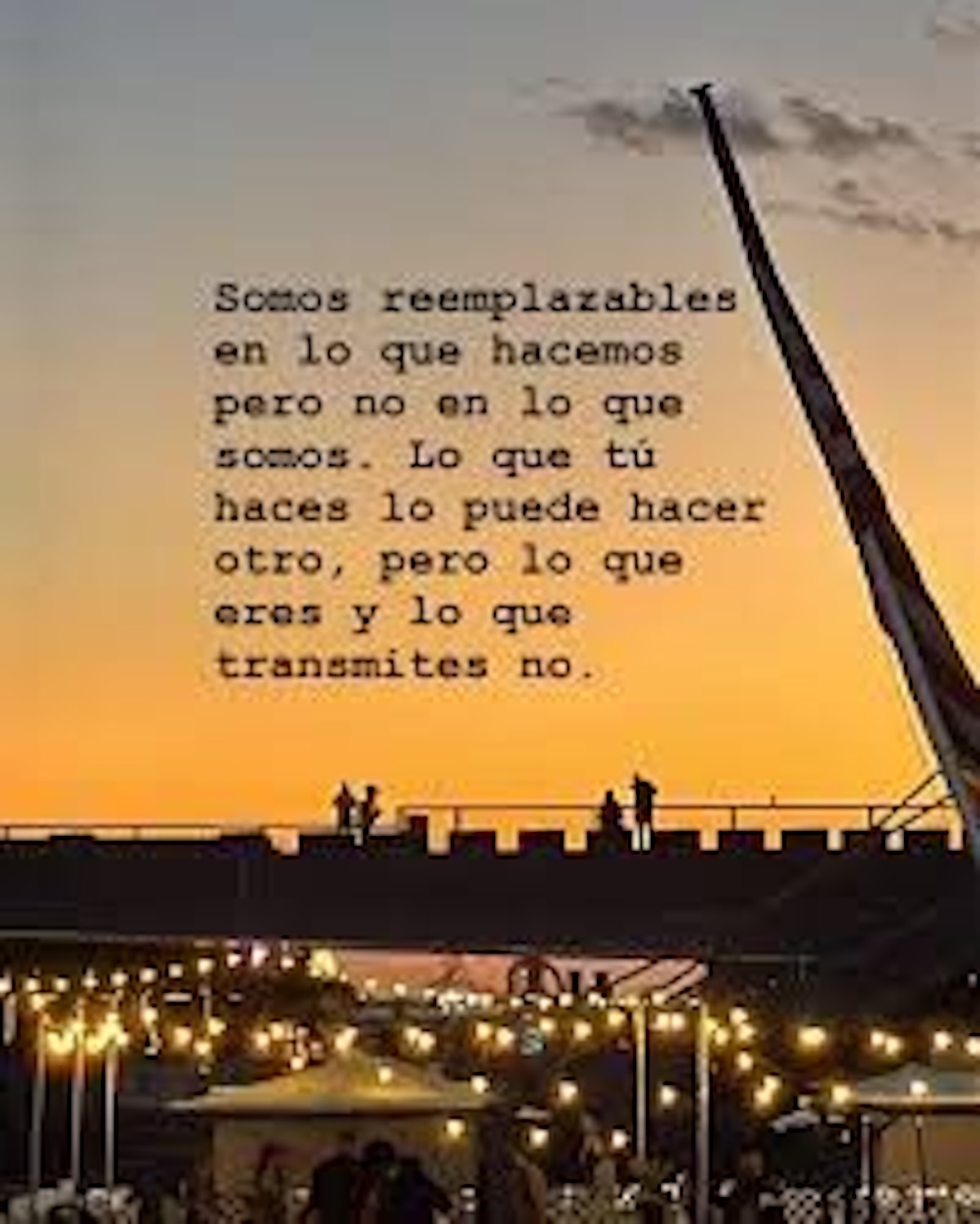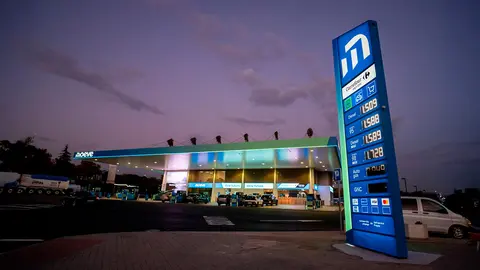Companies, Morocco and the Apprenticeship Act

I have just finished a long phone call with a colleague who is sharing my professional adventure in Morocco, who has 20 years' more experience than me, and I feel obliged to share this reflection.
A business project is not a straight line. It is not a dazzling success or a resounding failure. It is not winning or losing. It is, like life, a constant exercise in adaptation, in understanding, in making mistakes, in correcting.
You learn, you grow, you stumble, you move on. You draw up a plan, you erase it, you rewrite it. You spin a strategy, it unravels under the blows of reality, you spin it again with more skill. And so on, until time, experience and the markets decide whether that fabric holds or unravels.
Morocco teaches this lesson well. It is not a country for those seeking immovable certainties, but for those who understand that business is navigation and that there is no nautical chart without course corrections.
Regulations change, administrative procedures are twisted, human relationships are complicated and unfold with a logic that demands patience and flexibility. Opportunities appear with the same speed with which they vanish if one does not know how to read the times and the forms. Here you neither triumph nor fail: you learn or you are left on the sidelines.
At first, you try to apply formulas that worked in other ports. But you soon discover that the key is not to impose, but to understand. That success is not about replicating, but about adapting. That it is not enough to know business theory, but that you have to know when to speak and when to listen, when to insist and when to wait.
The day I understood that the only thing I am going to take away from this experience is what I learn, I began to approach it all in a different way. I stopped measuring it in terms of winning or losing and began to see it as a daily and continuous process. And Morocco, with its challenges and its potential, became the best business school one could imagine.
Because the company, the projects, the relationships, like life, are not conquered, they are understood and in that exercise lies the key... I am still on the road

Adaptation, balance and variable geometry: experiences in Morocco
Running a business in Morocco is not easy. There is no manual that explains how to fit all the pieces together in a perfect board. Here, leadership is measured in the ability to adapt, in the ability to find the right balance between firmness and patience, and in the perseverance not to falter when bureaucracy becomes a labyrinth of mirrors.
I have been fortunate - or doomed, depending on the day - to share experiences with managers and businessmen who have made Morocco their battlefield. We have met at dinners and meetings, in professional groups and in official organizations, and we have exchanged views on the industrial reality of this country. And we always come to the same point: here it is not enough to know how to produce, sell or manage. It is essential to know how to get around.
Because Morocco is not a scenario for those who only know how to give orders from an office. Here you have to get out into the field, get to know the social and cultural ins and outs, understand how the power structures work, know who to talk to and, above all, when and how to do it. It is not a question of overcoming obstacles, but of understanding them, of integrating into the ecosystem and playing with its dynamics without renouncing the essence of the company one represents.
Leadership, in this context, is a question of variable geometry: knowing when to move forward with determination and when to step aside without it seeming like a retreat; recognizing that, sometimes, speed is not the most important thing, but direction; understanding that the success of a project is not measured only in figures, but in the ability to build relationships of trust with customers, suppliers, workers and, of course, with the administration itself.
In Morocco, those who do not learn to move intelligently end up stagnating, trapped in a sea of paperwork or, even worse, in the indifference of a system that is unmoved by the impatience of others. Here it is not enough to be a good manager; you have to be a strategist, a diplomat and, sometimes, even a bit of a tightrope walker or “artist”.
Because, at the end of the day, professional and business success can be summed up in a simple equation: those who understand the unwritten rules of the game move forward; those who ignore them become spectators of their own failure.
Juan Antonio Vidal.
Plant Manager InCom Composites Morocco SARL


